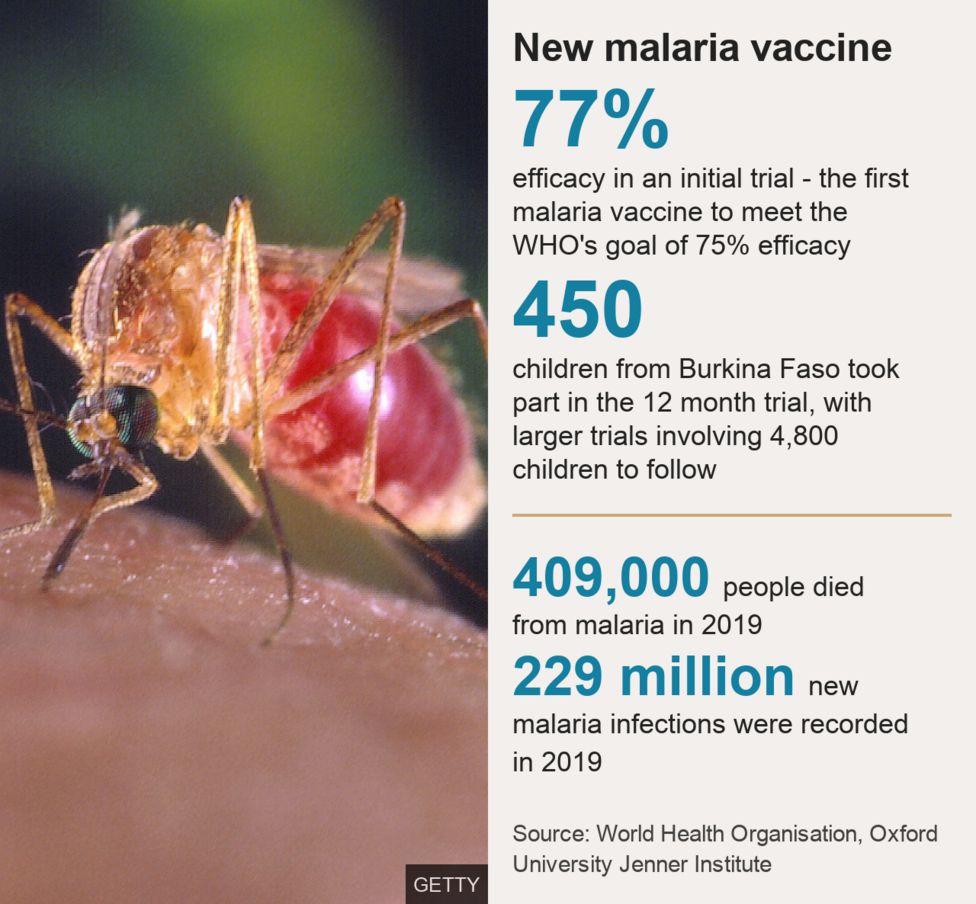There are a few recurring topics in this blog. I am obsessed with them. Some day, when those issues end, I will stop blogging about them.
Like malaria and mosquitoes. I hate those damn insects. I have been blogging about them forever. Soon after I brought the blog back up again, I wrote about the Asian tiger mosquito. This was in 2009. The Asian sucker went global and became “the most invasive mosquito in the world.” Since then, there have been quite a few posts on the damn blood suckers that spread diseases and cause terrible human suffering.
As a kid, I had only known about malaria. Later, I learnt in school that there was something called a "yellow fever" that mosquitoes merrily spread. Then dengue. Chikungunya. Enough already!
I have been dreaming of a world without mosquitoes. I won't miss them at all. Instead of waging trillion dollar wars in which the US bombs the shit out of brown people, I have argued that the US should instead fund the development of anti-malarial vaccines that can vastly improve the quality of life of brown people. All we did was elect a white supremacist, who said brown people should stay back in their shitholes!
Yet, there is a ray of hope. There is promise of a malaria vaccine.
For the first time, a vaccine has shown high efficacy in trials – preventing the disease 77% of the time among those receiving it. This is a landmark achievement. The WHO’s target efficacy for malaria vaccines is over 75%. Until now, this level has never been reached.
In a pre-Covid world, this would have made the front pages of newspapers. Now, when people are dropping dead from Covid, as my doctor described the happenings in his old country, 77% efficacy for a malaria vaccine in development doesn't seem to matter one bit.
If researchers could have figured out the vaccine formula a couple months into the Covid-19 pandemic, how come we haven't achieved anything against malaria?
It took researchers less than a year to develop a roster of effective vaccines against COVID-19, but half a century of toil has still not yielded a vaccine against malaria that meets the World Health Organization’s efficacy goal. Part of the problem is low investment in preventing a disease that predominately affects low- and middle-income countries. Another issue is the malaria parasite (Plasmodium spp.) itself, which has a complex life cycle and the ability to mutate key proteins, generating fresh strains.
How do the Covid-19 virus and the malaria parasite compare?
The malaria parasite is complex, with more than 5,000 genes, meaning it has many different characteristics for vaccine designers to choose to target. SARS-CoV-2, the virus that causes COVID-19, has just 12 genes, and its spike protein was the obvious target for vaccine scientists.
Malaria parasites have evolved with humans and their ancestors over the last 30 million years, not only generating a multitude of strains but also impacting our own evolution, with gene variants that lessened the effects of malaria being passed on over time. Worse still, these parasites generate chronic infections in millions, suppressing the human immune response that a vaccine tries to generate.
It has been a long-running battle against these blood-sucking drones. Even if we can't eliminate them, maybe we can at least eliminate one of the diseases that they spread.

